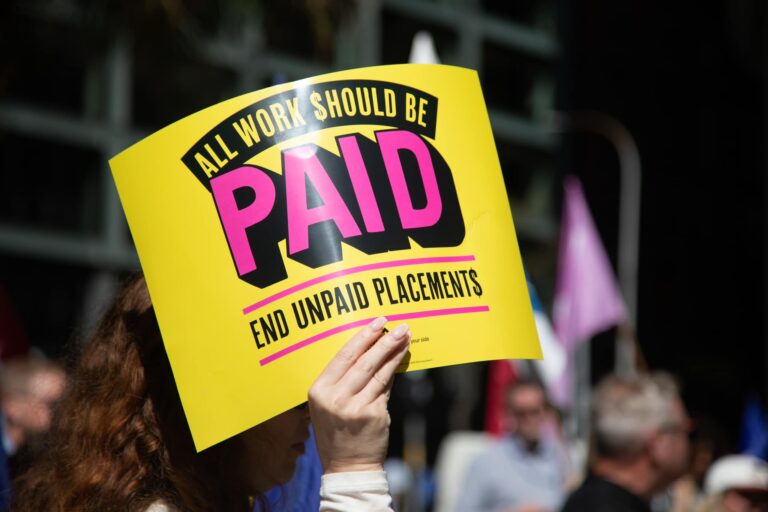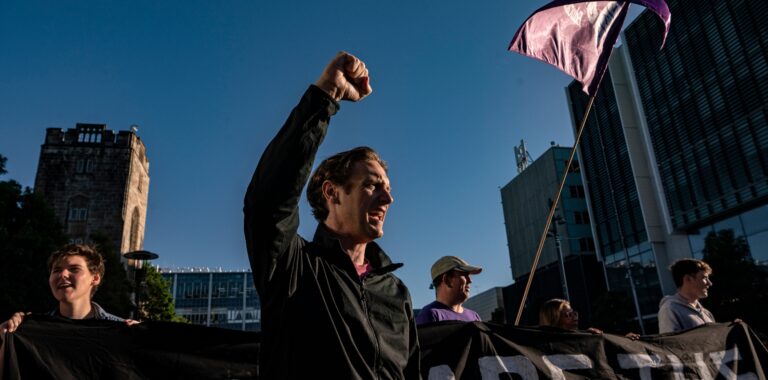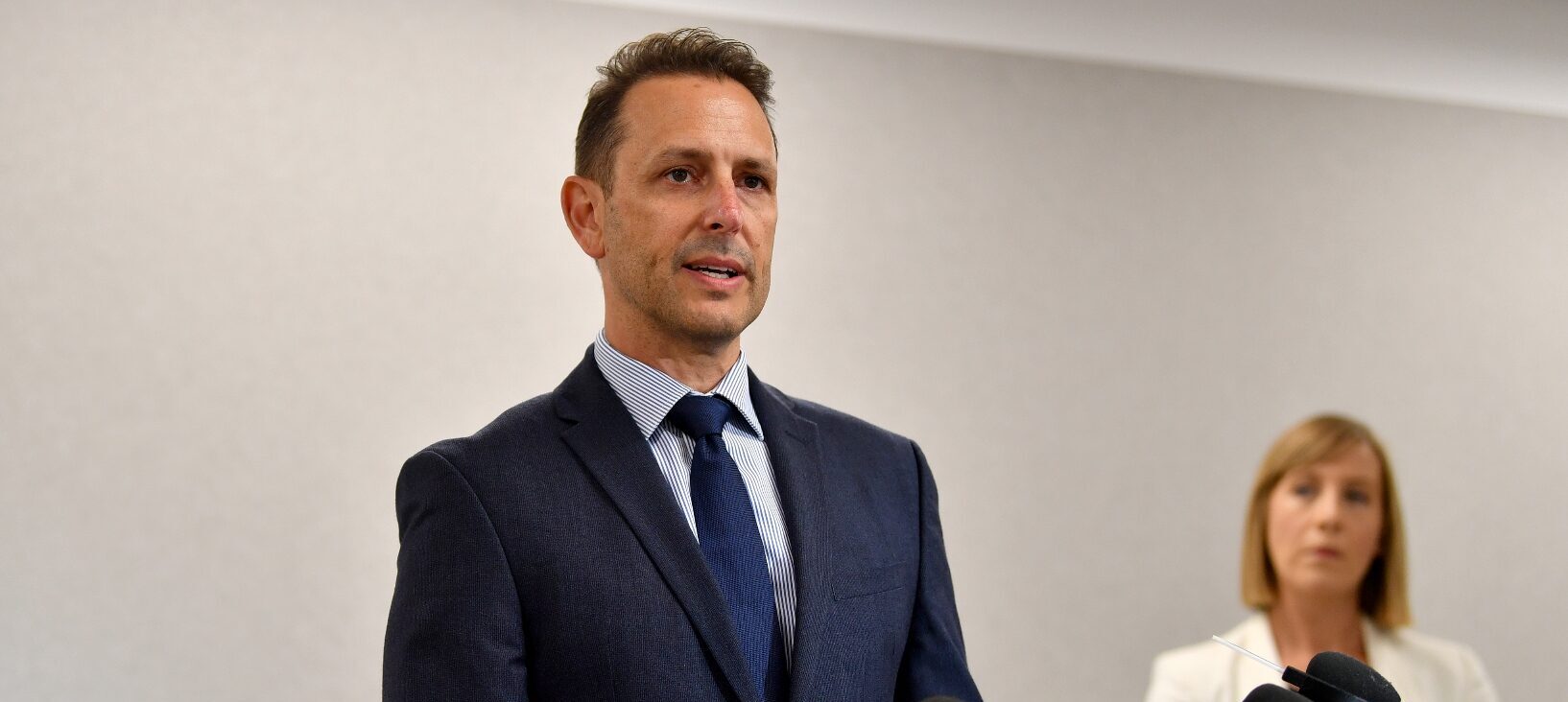
Power bills to affect seniors most
Pensioners and the disabled will be among the hardest hit by a hike in electricity prices starting next month.
An average rise of 19.2 per cent will begin on July 1. Seniors and less mobile residents are often forking out more than $1000 (a quarter?) because their needs to charge special appliances such as electric scooters. They also trend to stay at their houses and use air-conditioning and heating more often.
Michael Shreenan is the Executive Officer of the Factory Community Centre in Redfern.
“It’s too early to tell what the rise impacts are going to be but prior to them being rolled out, The Factory (Community Centre) already has a significant number of service users seeking advice because of threats of or actual disconnection,” he said.
“This is particularly heartbreaking as lot of them are seniors or clients that are highly vulnerable due to their disability.”
There have been talks on an electricity compensation package from the Federal Government for pensioners. Households with an annual income less than $18,000 will also get a rebate on their electricity bill through the Carbon Pricing Rebate scheme.
City of Sydney Councillor Irene Doutney said: “That works out at about $9 a week.”
However, the state government announced in June that rent for public housing will increase by $1.5 per week.
Mr Shreenan calls this increase “alarming” and says that it will eat into the compensation households get from the Federal Government through the compensation schemes.
“The situation is clear that the Federal government is saying ‘here is some money for you to stay warm’ and the NSW government saying we are taking it for rent. It defies logic and is morally questionable.”
He said one long-term solution to reduce the electricity bill for public housing tenants is to make public housing more energy efficient, as many tenants are using old second hand appliances that are energy inefficient.
Ms Doutney said another long term solution is for the state government to stop privatising electricity services and to rely more on renewable energy sources.
“(Sustainable and renewable energy) may be expensive in the beginning, but once it becomes more standard across the field, it’ll become very cheap,” she said.
By Jeff Li









